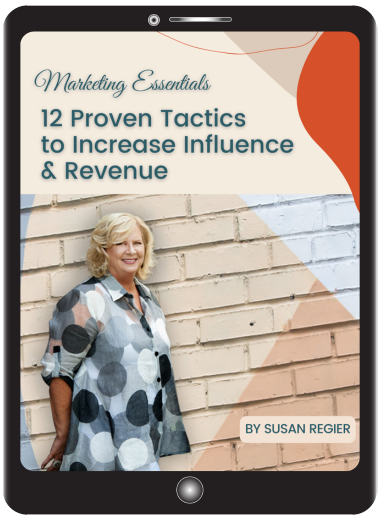
It takes a lot of time and effort to get media attention, especially if you’ve had to come up with a newsworthy idea, then write and submit a captivating press release (or pay someone to write it for you) so you don’t want to blow your chance when you finally have an interview opportunity.
So here are my top 7 interview taboos. I’m sure you’ve heard some before, and they may make you chuckle…or make you wish you hadn’t said them out loud.
#1 No comment.
Seriously? If you don’t comment, they’ll find someone else who will and include your “no comment” in the middle of their comments within the story. Then who will look bad? Always have a response ready.
#2 This is important. Why didn’t you write that down?”
It’s not your job to tell a journalist how to do their job. They’re trained to filter what you say. Maybe you’re talking about something commonplace or irrelevant to the story. You need to think like a journalist and give them compelling information that would be good for a story – for their audience.
#3 I want to read the story before it’s published.
That won’t happen; it may just get your story tossed out. Reporters usually have no control over the final published piece. If you feel the interview is going down a different path than you envisioned, you can suggest a different idea, but don’t dictate one. If you want to ensure your quote or a specific fact is accurate, you can ask them to read it back to you.
#4 This is off the record.
If you don’t want to read it online or in print, hear it on the radio or television, don’t say it. Whatever you say could be confirmed through other sources.
#5 Sorry, but the person who handles that is not in the office this week.
You never know when a reporter will contact you, so always have a backup person with the right talking points.
#6 Are you going to write my story?
Just because you submitted a press release does not mean they will do a story. So, asking a busy reporter if they’re going to do the story will get the tiny hairs on the back of their neck standing straight up. They’ll let you know if it fits into their lineup, so don’t annoy a busy journalist.
These six taboos would likely come after you did the prep work I mentioned initially. Doing the prep work is imperative – planning to get the publicity. That means you would never pose this question.
#7 My event starts in 20 minutes. Can you cover it?
I’m hoping you’re shaking your head here as well. There’s nothing like piling on the stress to an overworked journalist. They don’t need the aggravation, and you won’t get the coverage because you neglected to prepare.
Having a story printed about you and your business is the best form of free advertising there is. A news story in a print or online publication, on the radio or TV, can give more details about your business in a way that allows your expertise to shine. And it’s believable because it’s written about you.
When working with journalists, remember you’re giving them what they need to create a strong story. In other words, you’re making their job easier by giving them exactly what they need to create a compelling piece…and that leads to creating good media relationships.


